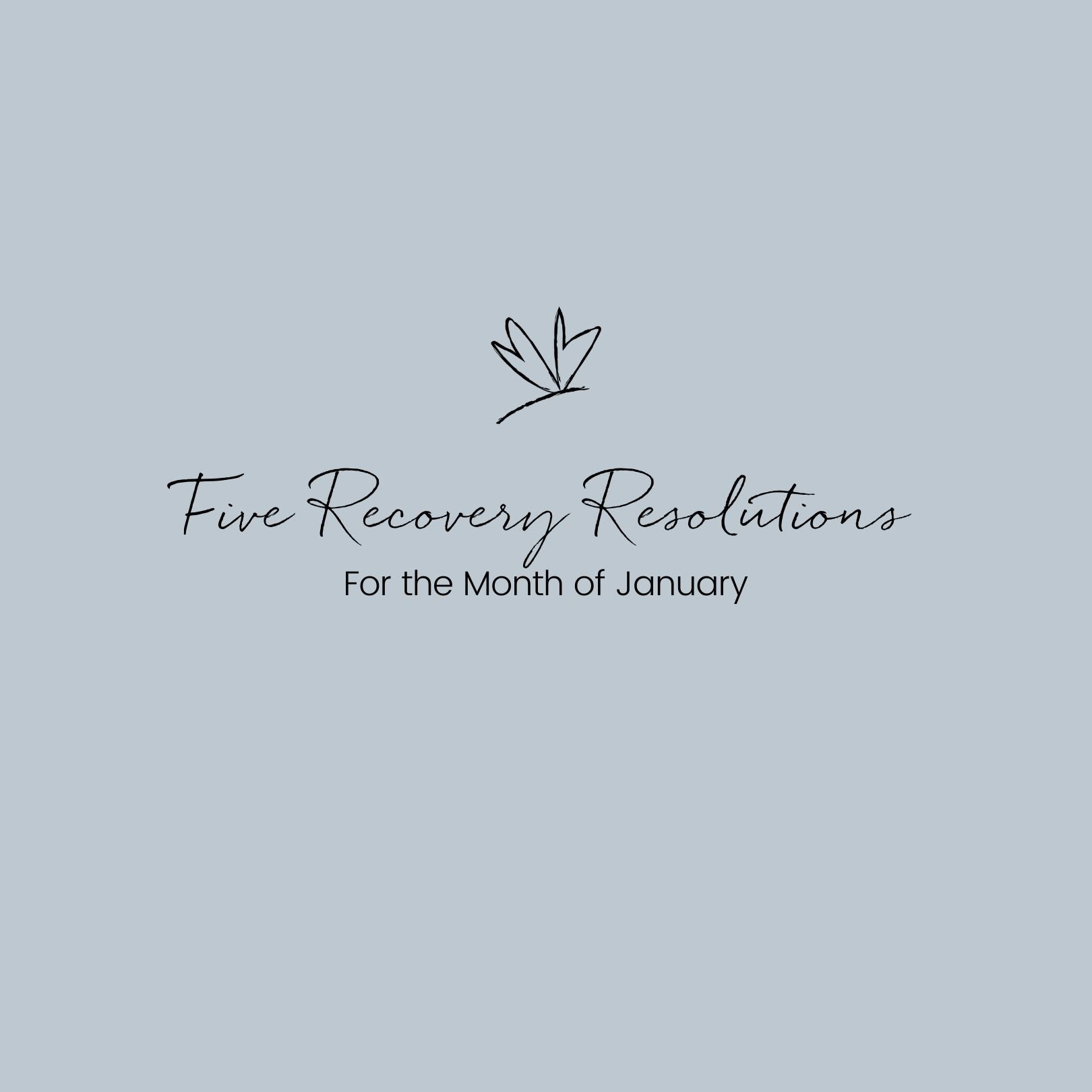Covid, Recovery and You
Let’s get this clear.
The world may be topsy turvy right now, you may be seeing your routines go up in smoke and your anxiety levels soar, but this is not the time to allow any trace of an eating disorder gain further control over you and your behaviours.
Whether you’ve been in recovery for some time and doing well on the path to full health, or whether you’re doing your darndest not to slip further into your illness as you await treatment, it’s vital that you stick a roadblock in the way of any ‘creep’ that the anorexic persona seeks to have.
Here’s 10 considerations to help yourself navigate this unprecedented period.
Remember that above all else, you deserve some self-compassion right now. Be kind – to yourself and to others.
1
Food Shopping and Fears
With all the talk about panic-buying and food shortages, it’s no wonder the idea of tackling the supermarket feels tricky for anyone – never mind those with an eating disorder.
You could easily allow a restrictive eating disorder to convince you that now is a time to buy less, or to have you in a state of blind panic because you can’t get your ‘safe foods’.
Remember that you need access to food as much as anyone else out there right now. You need to, and should, be purchasing food which will be part of keeping you well.
Yes, this might mean you’ll have to get alternatives to your fear foods and that you’ll be challenged by what items can be in your cupboards – but please, give your permission to go with this.
There’s an OPPORTUNITY amidst all this, that you may just happen to break some of the habits and rituals you’ve been living by, and you’ll realise after this pandemic that, you know what, it wasn’t so bad living from something other than my list of fear foods.
If food shopping is truly not viable for you, then consider an alternative. Try home ordering or ask someone you trust (and who isn’t self isolating) to safely purchase these items for you. You might even encourage them to select some things which ‘challenge’ your safe thoughts.
2
Exercise Interruption
So you’ve spent recent years entrenched in the rituals of lower body movement, gym attendance and obsessive exercise?
How do you then cope with having to curtail that as isolation and / or social distancing and fitness venue closures kick in?
Remind yourself that your ritualistic approach to exercise and excessive body movement has not served you well so far, and nor will it help you stay strong to fight the threat of a vicious virus.
Periods of zero formal exercise will do you NO HARM whatsoever. Instead, that time will help you rebuild muscle.
Indeed, it might even renew a love for more ‘realistic’ chunks of exercise, rather than making it daily torture.
3
Distraction Creativity
Isolation and limited movement isn’t good for any of us, but there are ways we can keep mentally and emotionally engaged and happier.
What would work for you, particularly after mealtimes, as a way of keeping your brain positive?
Lots of people find that in recovery it’s useful to engage in puzzles, crafts, art activities, writing a journal – or even just having a conversation with a friend by phone or video call.
Look at this as an opportunity to embrace your creativity side and to be productive.
What project could you potentially complete in the coming weeks?
4
Stress Solves Nothing
For many of us who experience an eating disorder, it’s something which first comes into our lives as a result of extreme stress or trauma.
Remind yourself of that.
Did it serve you as a way of soothing you then? Did it benefit you to push you into this hellish mental health illness?
Of course it didn’t.
And nor will it help you manage your stress around Corona and all that’s going on in the world.
Recognise that some of the thoughts you have around the virus and the world as we are experiencing it, can be better dealt with by adopting a calm and mindful approach.
Now is the time to think about breathing techniques, meditation or mindfulness.
Calm your mind to help ease your anxiety. Don’t allow your eating disorder to be the solution to your fear.
5
Stay In Touch
Eating disorders love to get us all to themselves.
They like to take over our friendships and relationships and isolate us into this evil union with them.
The best way of avoiding this, particularly through periods of social isolation and distancing, is to ensure you’re getting regular contact with others.
Technology allows us to do this.
You can get your family involved in a facetime chat, organise a zoom call with colleagues you’d normally be catching up with – or plan in a weekly friendship gathering over a video link.
Keep connected, and don’t ever feel you have to isolate with your eating disorder to see yourself through this.
6
Remember The Aspiration and The End Point
It’s really so important that we look forward and consider how we want to be when the world returns to normality.
In many respects, you now have a great opportunity to challenge yourself to be looking positively at how much healthier and happier you want your body and mind to be when ‘all this is over’.
What will be your goal?
Do you want to get to university and be able to socialise and dine out?
Do you want to go after a promotion in your work?
Do you want to be able to travel to the places you’ve been restricted from reaching?
Do you want to hug your mum and enjoy a slice of cake with her, when you’ve been prevented from doing so because of this virus?
Keep those aspirations in mind and remember you are NOT your eating disorder. You are what you choose to be in the future.
7
AND FINALLY
Remember that it’s ok to reach out for healthcare support, or to gain assistance and guidance through groups, helplines and empathetic friends.
If we can help you or a loved one, please contact our helpline or email hello@wednesdayschild.co.uk
- Mar 2020





